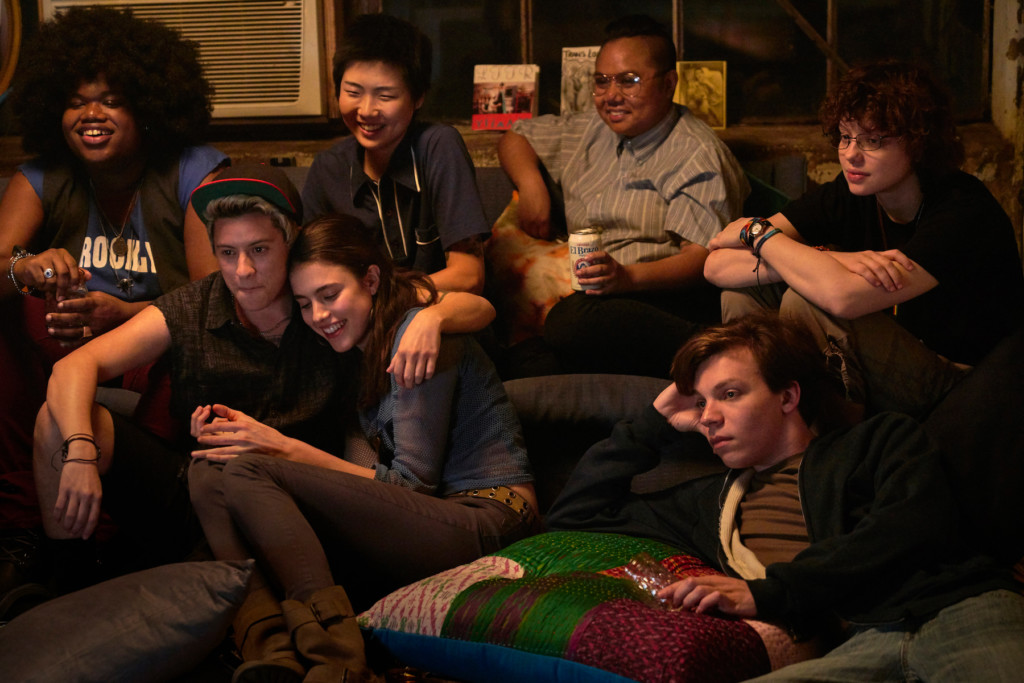A Zen poem from Chinese literature by Sengcan:
The Great Way is not difficult
for those who have no preferences.
When love and hate are both absent
everything becomes clear and undisguised.
Make the smallest distinction, however,
and heaven and earth are set
infinitely apart.
If you wish to see the truth,
then hold no opinions for or
against anything.
To set up what you like against what
you dislike
is the disease of the mind.
EDITOR’S NOTE: For The Utah Review’s detailed overview of the 2019 slate for the Utah Film Center’s Damn These Heels festival, see here.
Four years ago, when marriage equality became the law of the land, many believed that the greatest challenge for LGBTQ+ rights had been won. “An interesting conversation we have every year is whether or not we still need to have a queer film festival,” David Eyer Davis, Utah Film Center’s film program manager, says.
As the political landscape has changed dramatically over the last three years, the exigencies of life and the rights that go along with it not just for LGBTQ+ individuals abroad but also in the U.S. have been amplified. There are no guarantees, especially if you are nonwhite and have little or no access to economic mobility, effective political advocacy or safe spaces for free cultural expression of one’s unique gender and sexual identity.
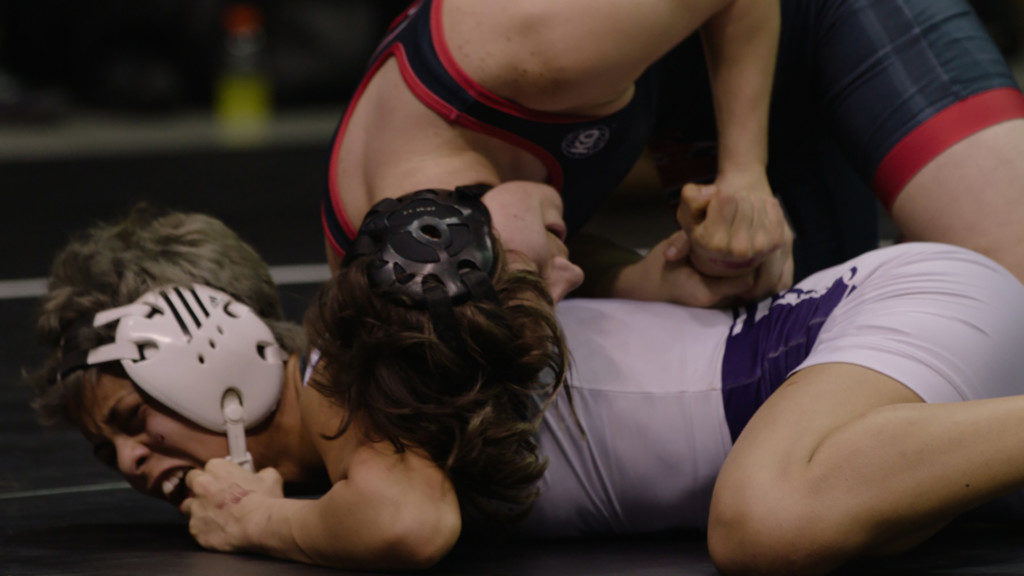
As David adds, “yes, we still need this festival and the reasons are changing.” The Utah Film Center’s 16th Damn These Heels LGBTQ+ Film Festival (July 12-14) — the longest running LGBTQ film festival in the Intermountain West region—has programmed the most extensive international slate ever in its history. This year’s slate parallels how awareness of queer activism has expanded to fight against a most worrisome sociopolitical complacency. While mainstream cinema has accepted LGBTQ+ themes and characters as matter of fact, it is the independent filmmaking sector that has rejuvenated queer activism on intersectional fronts that either have been ignored or taken for granted.
There are 23 feature-length films: 13 fictional narrative selections and 10 documentaries representing 16 countries other than the U.S. Several of these countries – Brazil, Iran, French Guiana, Slovenia, Peru, Philippines and South Korea, for example – remain comparably behind in terms of LGTBQ+ rights against other countries and, notably, Brazil and Philippines, have recently elected far right presidents who have vowed to retract any progress made on LGBTQ+ rights.
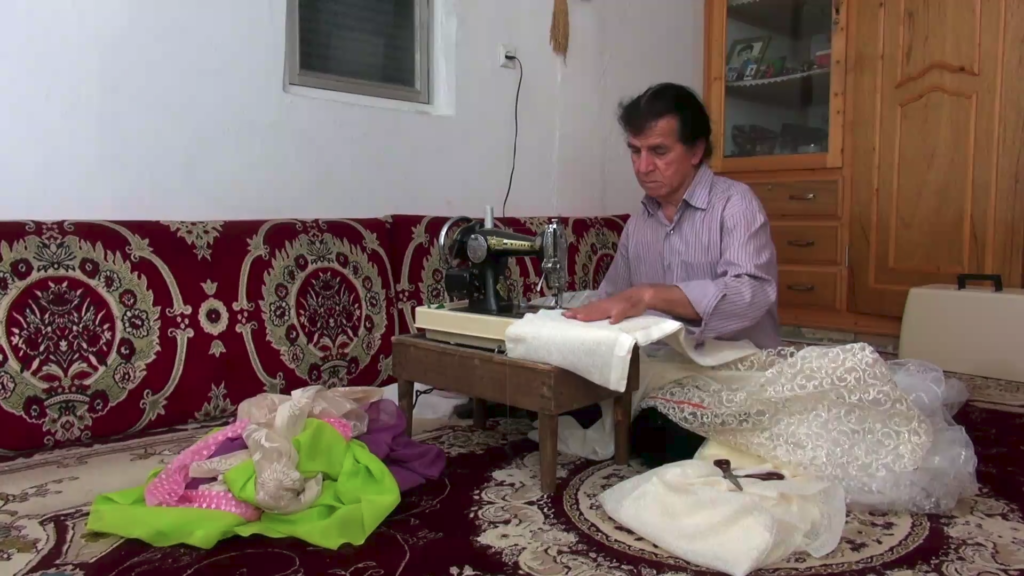
There are 20 films receiving their Utah premieres, while two others were premiered at Sundance last January. One film — the Iranian documentary Gracefully by Arash Eshaghi — will have its world premiere. The opening film (July 12, 7 p.m.) Changing the Game (Michael Barnett), a documentary about young transgender athletes, also was supported in part by the center’s fiscal sponsorship program. Barnett, will be joined by Mack Beggs, one of the athletes featured in the film, and Alex Schmider, executive producer and GLAAD associate director of transgender representation Alex Schmider, are scheduled to attend and participate in a post-film Q&A
In addition, there are two programs of short films. All screenings take place in two venues in downtown Salt Lake City’s Rose Wagner Center for Performing Arts: Jeanné Wagner Theatre and the Black Box Theatre.
The center’s programming staff worked with various LGBTQ+ community representatives to curate the slate, starting with a pool of 276 films and whittling down the list to 40 for final consideration. Over the festival’s history, more than eight out of every ten films have received their Utah premieres at Damn These Heels – a trend also reflected in the center’s year-round programming. Selections from Damn These Heels also are screened periodically throughout the year in the center’s free, public programs.
Festival organizers have introduced three new features this year. The first encompasses two community reflection sessions (July 13 and 14, 3:15-5 p.m., Mezzanine Studio, Rose Wagner) led by Giuliana Serena, founder and producer of The Bee: True Stories from The Hive, in which festival attendees will be able to listen and reflect upon the responses to films being screened. Space is limited to 30 participants in each session and tickets are available at the center’s Damn These Heels website.
This new feature is a variation on a standard component of the center’s regular programming that typically features post-screening Q&A, either with a director or representatives of a group connected to the topical relevance of a specific film. However, this new Damn These Heels feature emphasizes a more intimate, multifaceted listening and intersecting communication experience that seeks to bridge and bring together the LGBTQ+ community’s various segments in a mutually affirming way.
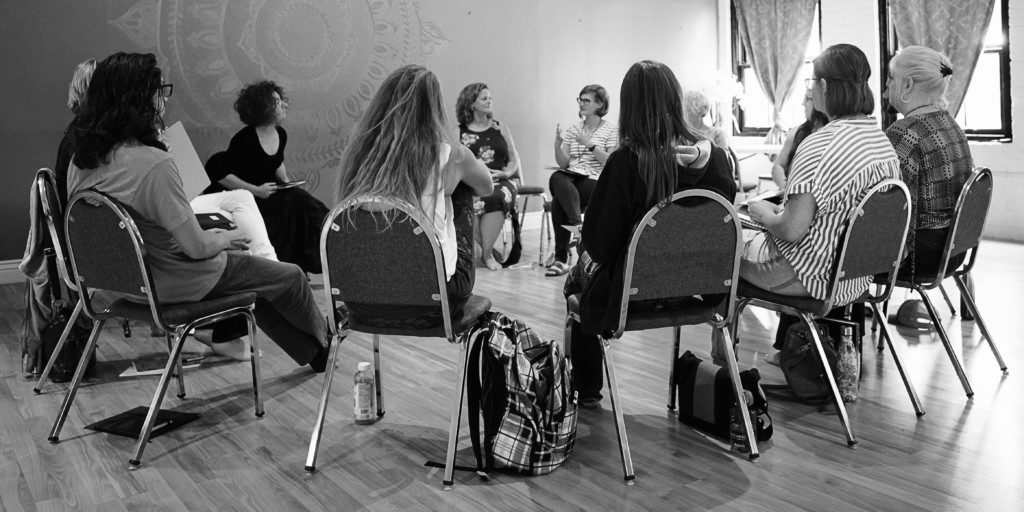
The Bee has become a vital storytelling venue in the city’s literary arts scene. Perhaps the foremost rule is that The Bee strives to create a brave space for all participants, as previously mentioned at The Utah Review. Serena encourages the audience to be courteous, which means silencing mobile phones and avoiding banter while storytellers are on stage. A critical element, as she explains, is the storyteller’s capacity to bring the audience into the experience of the story’s details, especially as the storyteller is communicating as an emotionally transparent performer. Serena will facilitate two sessions of Community Reflection during the festival in which attendees will be invited to reflect on the films they’ve experienced. In addition, this year’s slate is suited well to fostering the ideal of empathetic listening that Serena envisions for these sessions.
The second new feature is the addition of a guest programmer each year to curate select films that have influenced them. Jordan Blok, a trans non-binary writer based in SLC who covers popular science, LGBTQ culture, issues, and trans health, has selected two exceptional, internationally acclaimed films important in their life, respectively from France and South Korea: Ma Vie en Rose (1997) and The Handmaiden (2016). As exemplified elsewhere in the preview coverage, Blok has established the vanguard in this new role by recommending films that reach out to virtually every branch of the expansive queer spectrum.

The third new element, in collaboration with InterSpatial, will be the DTH VR Lounge, providing a new experience in storytelling. The lounge’s program will feature some of the best LGBTQ+ themed stories that focus on the intersection of faith, identity, and sexuality, created to be experienced through this immersive platform. The lounge, located on the Mezzanine level of the Rose Wagner will be open July 13 and 14, 1 p.m.-6 p.m. Space is limited and registration will be required.
Some thematic trends are elucidated in this year’s slate. Coming-of-age stories among the fictional entries transform conventional genre formats with narrative layers that bring new insights into queer identities and how protagonists contend with and confront barriers to economic, social and cultural affirmation and respect. Set in a Catholic School in the Philippines, Billie and Emma (Samantha Lee) highlights two bright young women who are falling in love with each other while one tries to figure out how to proceed after she becomes pregnant. Films such as Socrates (Alexandre Moratto), Consequences (Posledice)(Darko Stante) and Retablo (Alvaro Delgado Aparicio) feature young male leads facing formidable circumstances that bring the impact of adulthood without delay upon the decisions they must make. Meanwhile, Adam (Rhys Ernst), a film that premiered at Sundance in January, features a high school student whose sexual awakening illuminates a world that he never had encountered before but which also transforms his relationship with his older sister and leads to him to becoming a sensitive, conscientious ally to the queer community.
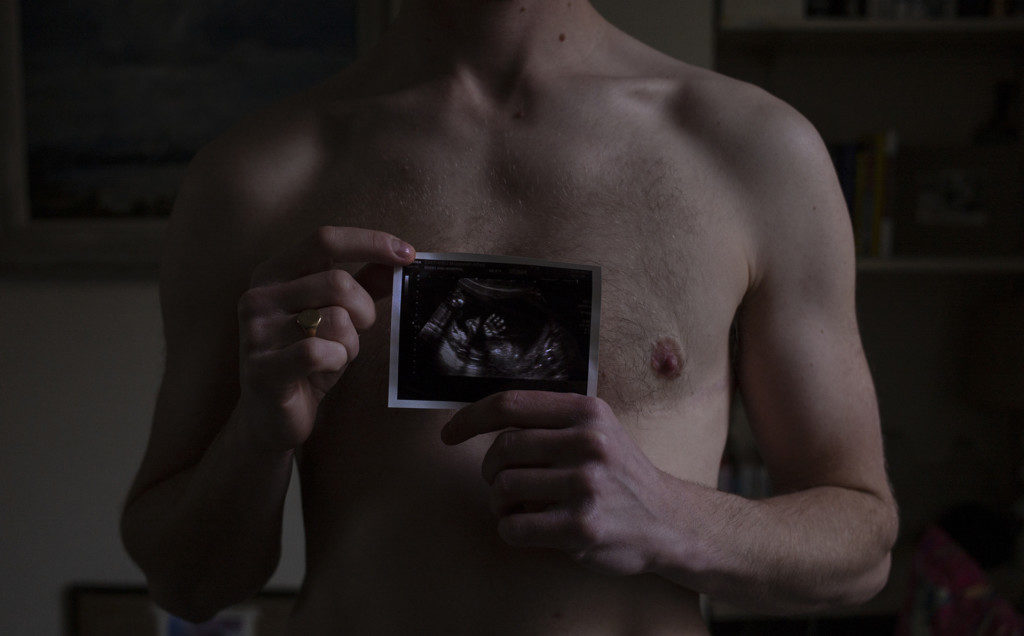
Bit (Brad Michael Elmore) refreshes the vampire genre with smartly written dialogue about feminism and queer empowerment while Sister Aimee (Samantha Buck and Marie Schlingmann), which premiered at Sundance, highlights the efforts for women to determine and control their own narratives. Bringing new light to a rarely seen and distributed French classic from the 1950s that also is directed by a woman will be the screening of a newly restored print of Olivia (Jacqueline Audry) – a reminder that great examples of queer cinema predate the 1980s and 1990s, when it began to grow rapidly.
For older adults, there are several films that traverse family relationships for reconciliation and renewal, such as An Almost Ordinary Summer (Croce e delizia) (Simone Godano), Tucked (Jamie Patterson), and Wounded By the Wind (Las Heridas del Viento) (Juan Carlos Rubio).
Blok offers an impressive exclamation with their two selections. Ma Vie en Rose (Alain Berliner), a 1998 Golden Globe winner as the Best Foreign Language Film, made a powerful impact during Blok’s own childhood. The film is about a seven-year-old boy who insists that he is a girl and dresses accordingly. Likewise, Blok, who has a penchant for lesbian revenge thrillers, picks one of the greatest examples of this cinematic niche: The Handmaiden (Ah-ga-ssi) (Chan-wook Park), a South Korean film that perhaps is the most extensively honored film ever presented in Damn These Heels’ history.
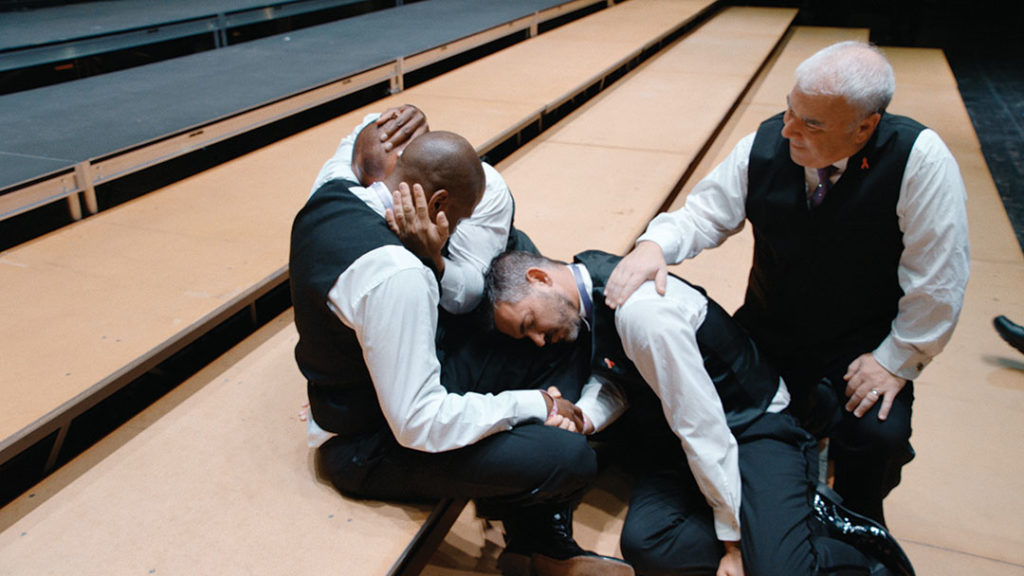
In selecting films from two different decades, Blok signals audiences to consider how character depth in terms of queer love along with its joys and hardships has been honed over the span of two decades. Blok’s sensibilities resonate well with the center’s mission. One of their original recommendation was Rafiki (Wanuri Kahiu), a film the center presented in May ahead of this year’s Utah Pride Festival.
This year’s selection of documentaries are framed less as political statements than as emotionally penetrating personal expressions that are more likely to inspire more collaborative, rather than polarizing, sociocultural conversations. In particular, several films feature individuals and storylines that dash away stereotypical thinking. These include Changing the Game (Michael Barnett), For They Know Not What They Do (Daniel Karslake), Gay Chorus Deep South (David Charles Rodrigues) and, to a lesser but nuanced extent, the world premiere entry of Gracefully (Arash Eshaghi).
A quartet of documentary films offer an exceptionally comprehensive overview of the rapidly evolving enlightenment about an individual’s freedom to determine their queer identities on a vast canvas that repudiates any clinical or socially imposed categorization or labeling of gender. These include No Box For Me. An Intersex Story (Floriane Devigne), Seahorse (Jeanie Finlay), A Night at Switch n’ Play (Cody Stickels) and Fabulous (Audrey Jean-Baptiste).
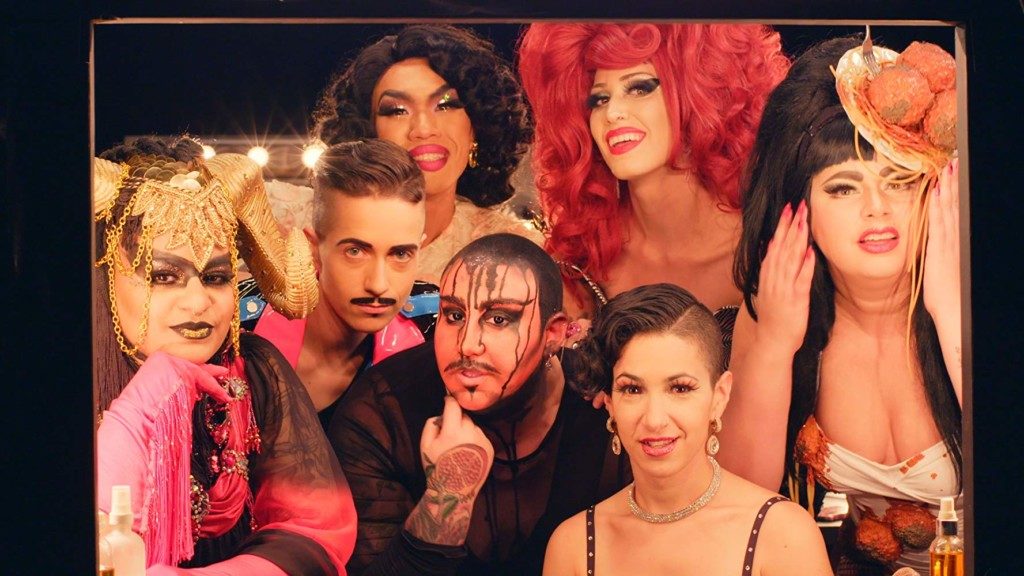
Two others are outstanding for their own urgent contemporary significance: Jonathan Agassi Saved My Life (Tomer Heymann) on the dual themes of family acceptance and the consequences of hard drug use and Unsettled (Tom Shepard) on the efforts of LGBTQ+ refugees settling into their new American homes and ever-present challenges not helped by a tendentious political climate.
Festival sponsors the Dancing Llama Foundation, Terence Kearns Stephens Charitable Fund, Method Communication, the B.W. Bastian Foundation and local private patrons.
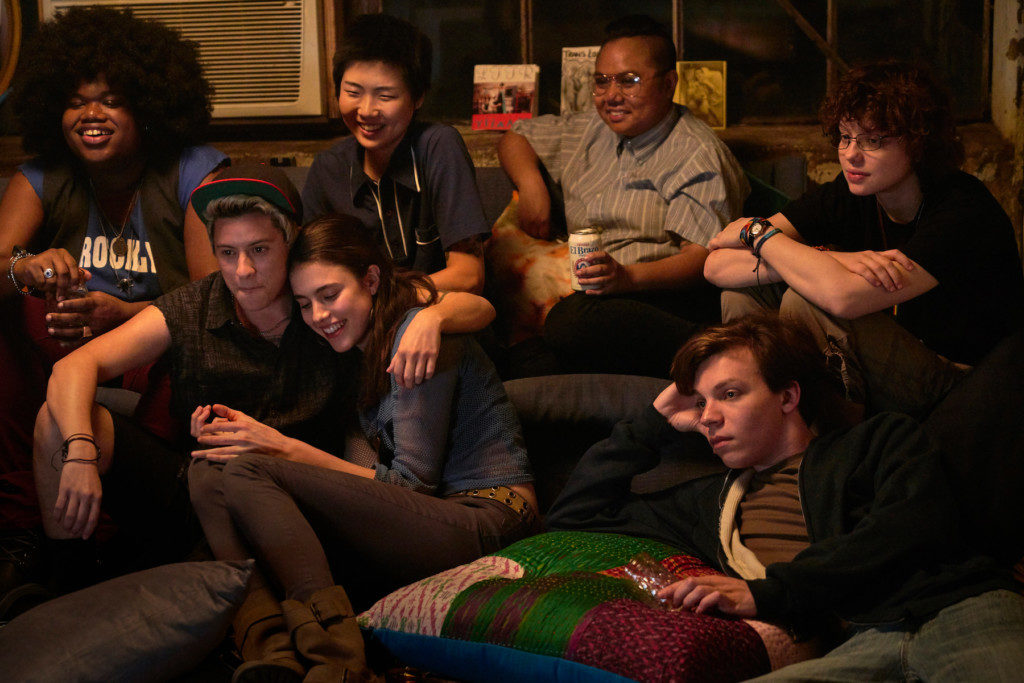
Patrick Hubley, the center’s executive director, adds the festival always will be a grassroots, locally produced event. Films are curated with help from a community programming committee and the festival is supported through community partnerships with Encircle, Equality Utah, Utah AIDS Foundation, Utah Pride Center, and The Blocks SLC, among others. Business partnerships include Bohemian Brewery and Beer Bar’s BEER X, a specially-labeled beer with proceeds benefiting the Festival, Black Box Bar service from Dented Brick Distillery, coffee conversations supported by Blue Copper Coffee and pass holder discounts and benefits from Zest, Laziz, Sicilia Pizza, Squatters Pub, The Daily, The Sun Trapp, and GREENBike SLC.
For more information about tickets and screenings, see the center’s Damn These Heels page.

